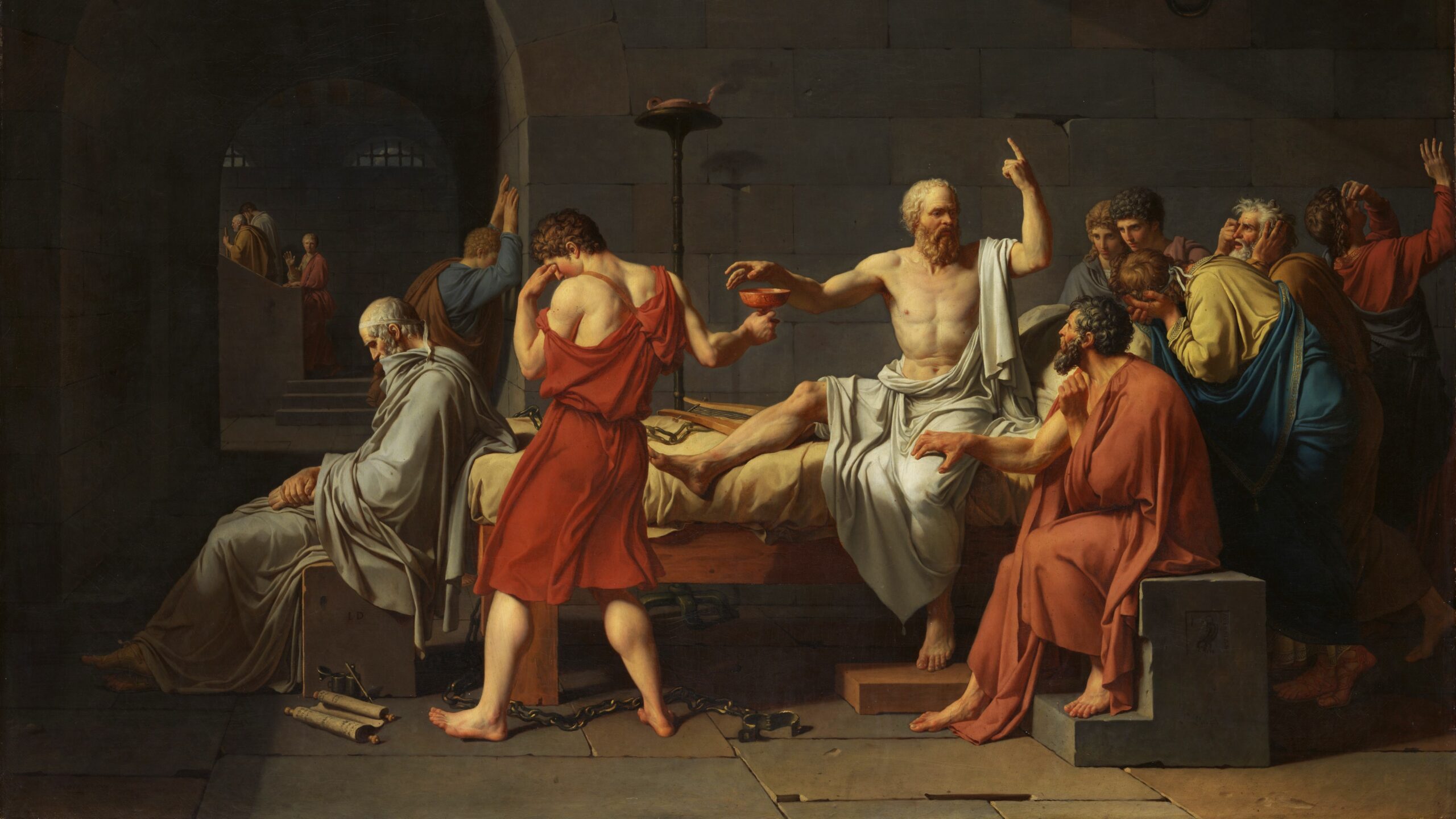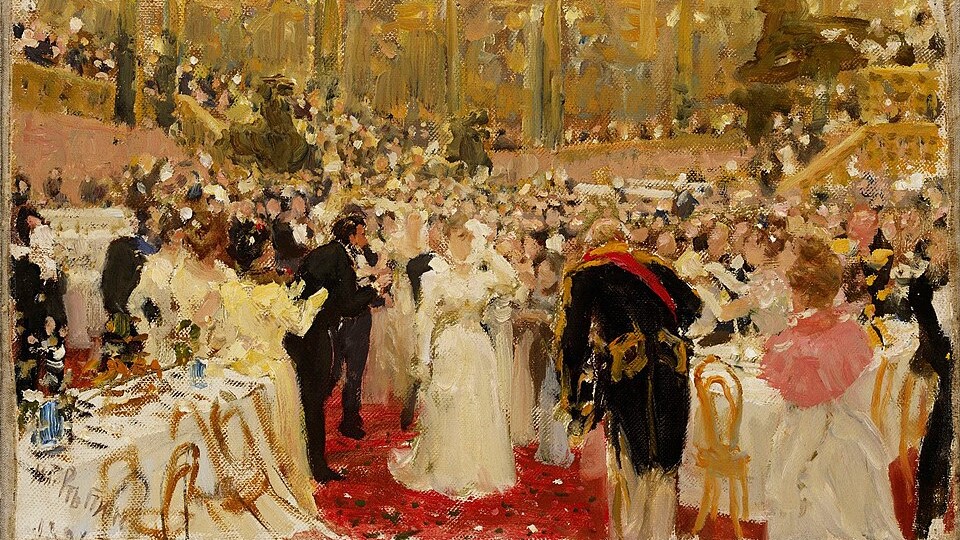It is its own sort of eternal resurrection. The question of assisted dying has yet again reared up in Britain, as a Private Members’ Bill has entered Parliament, re-stoking a debate that has mulled through the Commons at least once a decade for the past 30 years.
In 2014 members voted down a similar bill. But that was not the end; those seeking to bend the arc of history will not take no for an answer.
The question remains as fraught as ever. Many have come down for it, and many others against. Yet one man has suggested a third way. A way that pulls up a twisted paradox, that is ostensibly not in keeping with his former office.
Jonathan Sumption was a British Supreme Court justice. One of the top legal minds in the country, who has also written a ravishingly-reviewed series of histories of the Hundred Years War. He is widely known, and liked, for his fair-mindedness. During Covid, he was one of a handful of public figures to speak out against the rights abuses of lockdown policies.
But it is this very fair-mindedness that leads him into grey areas few would touch. As in 2019, when he told the audience of the prestigious Reith Lectures his thoughts on assisted dying. A woman unpacked a heart-rending story of her own experiences with a loved one, of the inhuman pain of their terminal stage. Would he, she wondered, support changing the law?
‘We need to have a law against it in order to prevent abuse,’ Sumption replied. ‘It has always been the case that it’s been criminal, but it’s also been the case that courageous friends and families have helped people to die. That is an untidy compromise few lawyers would adopt but I don’t believe there’s a moral obligation to obey the law. Ultimately it’s for each person to decide.’
You can make a quiet, personal decision to disobey the law, Sumption appeared to say. But the law must stay where it is: because the tide of incentives presented by encoding or sanctifying assisted dying would bring more evil into the world than they took out of it.
In short, he was both agreeing with a hard-edged version of assisted dying—and agreeing that it should remain illegal.
What Sumption was talking about was a zone in which The Law and What Happens cleave away from each other. We all recognize these kinds of ellipses. In fact, when once we look for them, they’re everywhere.
Up and down the boulevards of London, the smell of chemically-grown skunk hangs heavy on the nostrils. The police do not seem curious as to its origin. But there it is on the statutes: a Class B drug. Five years imprisonment.
Then there is prostitution. As with assisted dying, there is a quiet social convention to ignore, to allow a range of transparent legal ruses (‘modelling’ or ‘massage’) to cloak it in sufficient social cover.
Streetwalkers in good neighbourhoods? Prosecuted with the full force of the law, but discreet brothels in bad neighbourhoods are allowed their head. Much like pubs, shut down only if some other, high-level disorder takes place.
‘All rules are subject to ambiguity’
Some of this is utility not morality. For instance, the Crown Prosecution Service’s test, of where there is a less than 50 per cent chance of securing a conviction, and often the law is titrated by simple resource availability.
But in other cases, a quite different principle applies: a personal-political knot of ‘priorities’. What does the Police Commissioner think is important? What does the broader social milieu in which the police chief wanders think is ‘right’?
What Sumption put his finger on, and these other examples have illustrated, is what we could call the Blind Eye Principle.
The application of the Blind Eye Principle is by nature not encoded. And by nature it will vary. But it has perhaps four key pillars.
I’d suggest it applies when:
- enforcement would lead to an impossibly long legal backlog;
- enforcement would itself invite a kind of authoritarian dystopia;
- enforcement would displace an important secondary social release—some things may be taboo but socially useful;
- where the size of the law required to adequately police all instances cannot feasibly account for the social complexity of the problem.
It is the fourth that holds most commonly in assisted dying. Who dies when and how? Is it passive or active? What is unbearable suffering? What suffering transcends? How do we guard against an incentive effect?
An adequate law, as Sumption gestures towards, would need to cover off all instances.
You might be allowed to place a pillow over your dying wife’s face if she has told you solemnly at three intervals in her terminal stage, is within 72 hours of her mortal end (as signed off by two independent medical professionals), her suffering is truly intolerable, and her cortical functions are already failing (as registered by a CT scan). And you’ve been married for more than eight years…
Here, we are back to a problem that found its clearest expression with Wittgenstein and the Logical Positivists. To cut an absurdly long story absurdly short, Wittgenstein demolished 19th century philosophy when he showed that there is simply no way of creating such a rule that can apply to a complete set of circumstances. All rules are subject to ambiguity. And really, past a certain point, you can squint through them.
The Blind Eye Principle becomes not only the only logical way out of the problem. It becomes the residual term in the problem. What’s left over, once we’ve exhausted our capacity to spit out algorithms of behaviour, is the human factor.
Moral outrages have no doubt happened under the cover of law. And great moral beauty has been achieved without it. Here, we enter the inter-zone, where we are left alone, uncomfortably, with our conscience, between scylla and charybdis, sins of omission and sins of commission.
Of course, there is a countervailing principle. That is: that whatever its blind eye, the law itself must not be directly challenged.
A friend of mine spent a long time in Singapore. To his amazement, he was told that there are drug-friendly parties happening there every weekend.
On the airplane into Singapore, all travellers are made to sign a special waiver acknowledging that they understand that ‘THE PENALTY FOR DRUG SMUGGLING IN SINGAPORE IS DEATH’. But there were no narcs, no undercover cops, truffling out ever last ecstasy pill at these well-supplied raves.
How, he wondered, did this align?
The rule is simple, he was told.
‘Don’t embarrass the regime.’ Don’t behave in a manner that would make it obvious that you were flouting the law. In truth, if your activities carry no social externalities, the government of Singapore is not interested. Because the government of Singapore acts to protect the social order.
‘Whatever its blind eye, the law itself must not be directly challenged’
In a sense, the Singaporean government had adopted a particular vein of oriental logic: the age-old distinction between Private Face and Public Face. It is a far more Western, Christian insistence that these two carry the same value. In the East, hypocrisy is a harder charge to make stick.
Anyone who stood at disorder with the regime’s stated principles could happily live alongside it—so long as they did so privately.
The case of Oscar Wilde provides another example. Wilde had been living in sin with any number of young men before he met Lord Alfred Douglas. It was widely known, and certainly did not impinge on his celebrity or wealth. It was only the disapproval of Bosie’s father that lead to his famous trial. The Marquess of Queensbury left a card at Wilde’s club: ‘For Oscar Wilde posing as a somdomite [sic]’.
Wilde sued him for reputational damages. And when over the course of that libel trial it became clear that there was now incontrovertible evidence of his predilections, the state found itself challenged, and could not shrink from prosecution.
This was Public Face in action. The law is not the law—unless someone openly challenges the contention that the law is the law.
At heart, the Victorian regime was interested in the social order—a social property. The idea that ‘homosexuality should be tolerated but not promoted’ underlay their ill-devised laws. And the social order was the thing from whence its own legitimacy flowed.
As the assisted dying question turns once again into a contestation of intolerable pains and grotesque moral outrages, we should take a moment to think of a bigger picture. To recall that it is a man-made instrument. It is not designed to bring us harmony, closure, peace on earth, or salvation. It is a sharpened stick by a fire pit in a darkened savannah plain as the jackals growl in the undergrowth. It is there to ward off the very worst of us. To give us a common language in which to express morality. And to offer us the comforting if false sense that there is indeed a man-made order.
Related articles:







